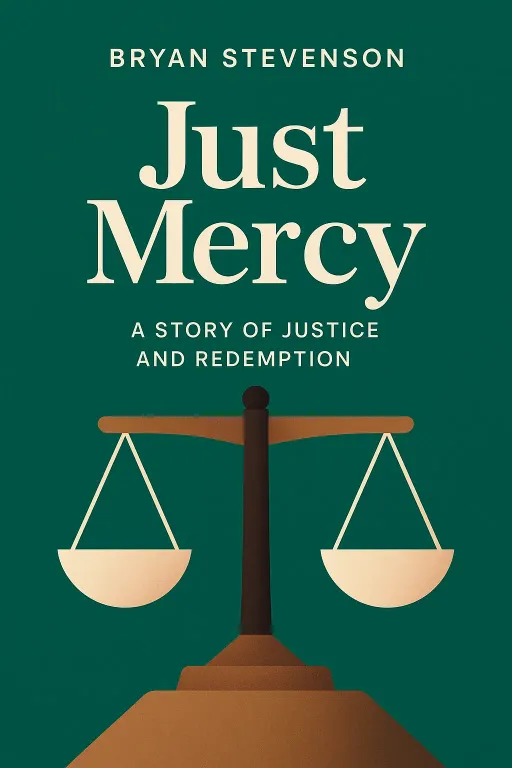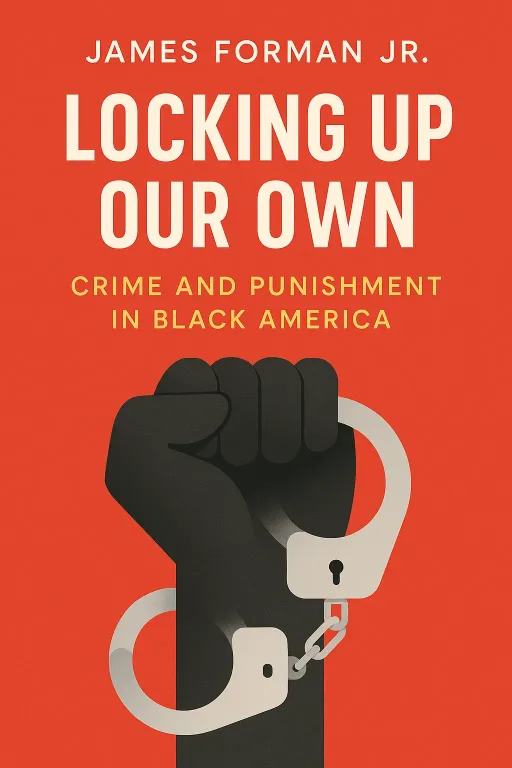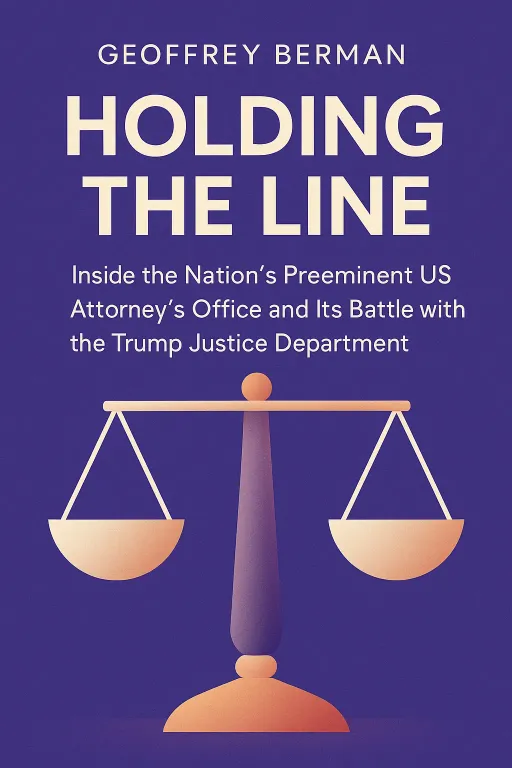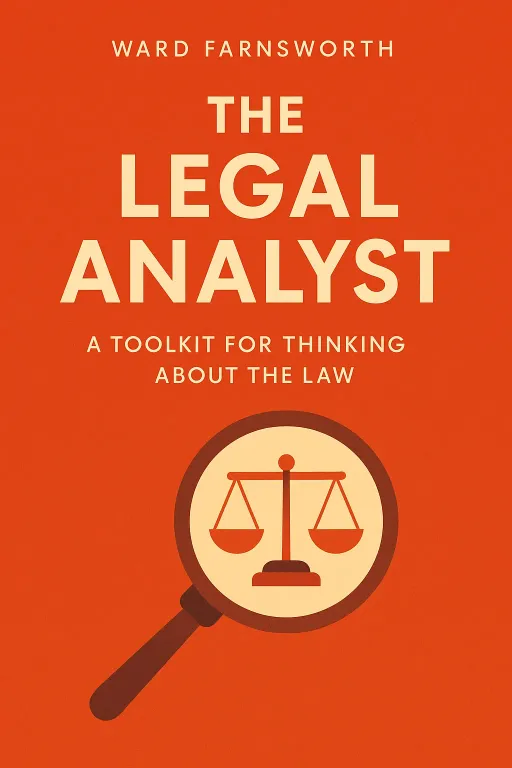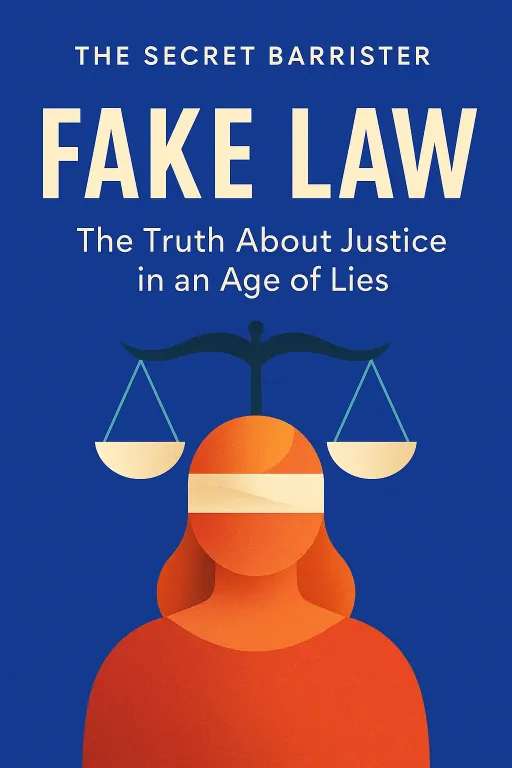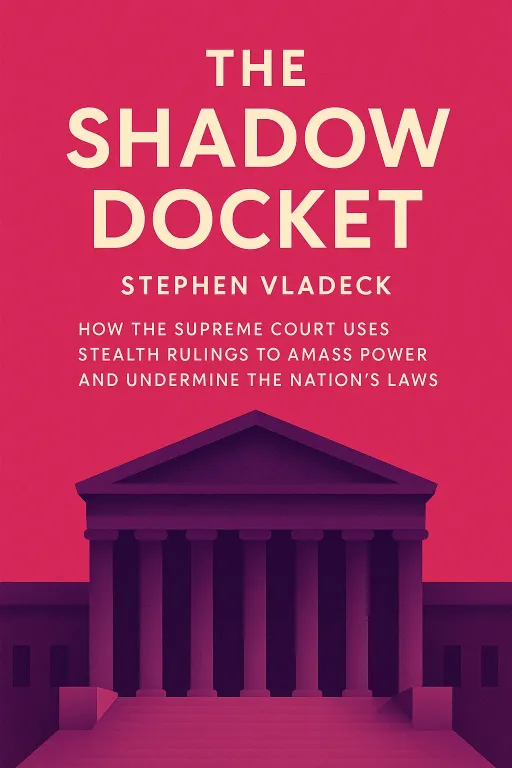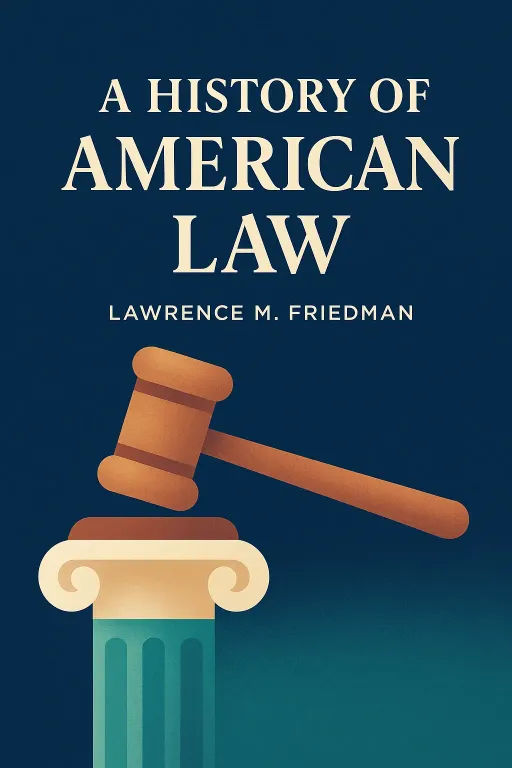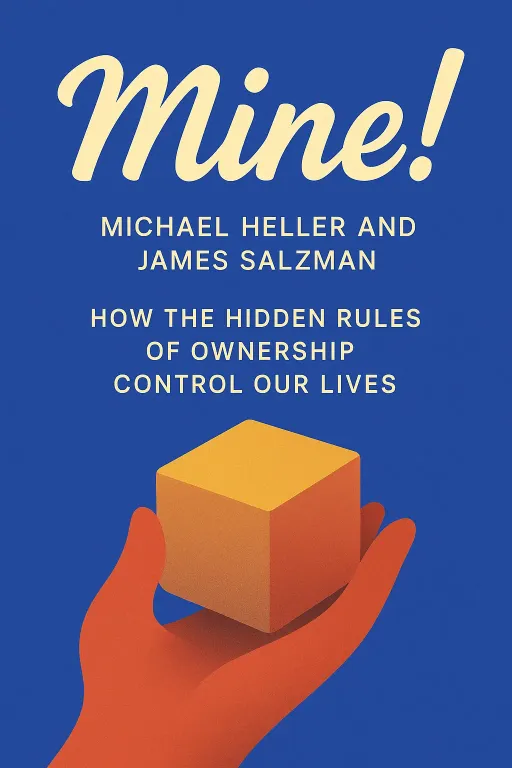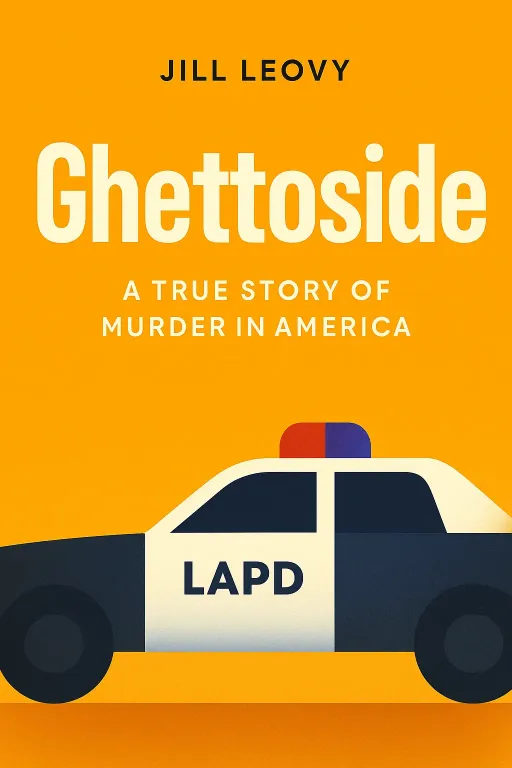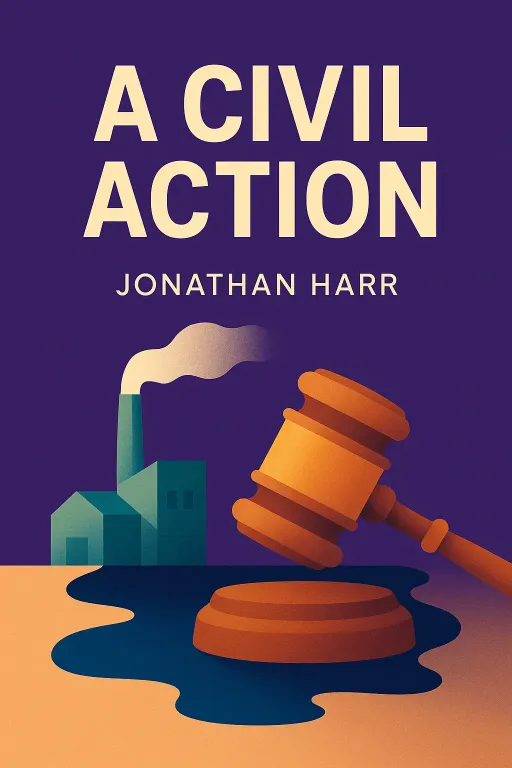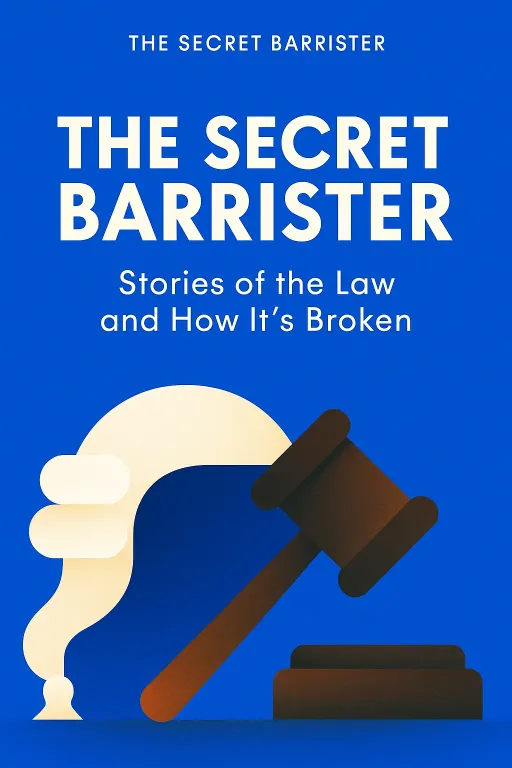
The Secret Barrister
12 minStories of the Law and How It's Broken
Introduction
Narrator: Imagine a junior doctor named James, celebrating his birthday with his wife, Nikki. They’re at a trendy bar, planning their future, when a fight erupts nearby. In the chaos, James is mistakenly identified as the man who smashed a glass into another patron's face. Despite his innocence, a cascade of failures begins. His overworked, underpaid solicitor fails to chase down crucial CCTV footage that would have exonerated him. The under-resourced Crown Prosecution Service, desperate for a conviction, misses key witness statements describing a different attacker. Two years later, James is convicted and sentenced to thirteen years in prison. His life is shattered. His marriage collapses, his career is destroyed, and he is left to navigate the horrors of a system that has utterly failed him. Six years into his sentence, the original evidence is finally uncovered, and his conviction is quashed. But when he seeks compensation for the years stolen from him, the state delivers a final, cruel blow: he is deemed "not guilty, but not quite innocent enough" to deserve it.
This nightmare scenario, a composite of all-too-real failings, lies at the heart of The Secret Barrister: Stories of the Law and How It's Broken. Written by an anonymous practicing criminal barrister, the book dismantles the comforting myths we hold about justice, revealing a system in England and Wales that is not just flawed, but on the verge of total collapse.
The Wild West of Justice: Why the System Fails from the Start
Key Insight 1
Narrator: The journey through the criminal justice system for most people begins not in the grand Crown Courts of television drama, but in the chaotic, under-resourced, and often amateurish world of the magistrates’ court. The author describes this as the system’s “Wild West,” a place where 95% of criminal cases are resolved, yet justice is often a secondary concern to speed and cost-cutting.
These courts are largely run by magistrates—unpaid volunteers with no legal qualifications who are disproportionately white, middle-class, and over sixty. They are meant to be arbiters of "common sense," but they often lack the legal training and life experience to understand the complex cases before them. This leads to bizarre and inconsistent rulings. The author recounts the case of a young man named Kyle, a repeat offender facing a likely prison sentence. The magistrates spent hours trying to persuade him to accept a community order, even bringing his mother to court to plead with him. After Kyle finally relented, the magistrates retired, only to return and sentence him to nine weeks in prison, leaving everyone in the courtroom stunned. This unpredictable environment is compounded by a clear pro-prosecution bias; conviction rates in the magistrates' court are a staggering 25% higher than in the Crown Court, where cases are decided by a jury. The system is a sausage factory, designed for processing cases, not delivering justice.
The Innocence Tax: How the System Punishes the Guiltless
Key Insight 2
Narrator: Before a person is ever found guilty, the system can inflict one of its gravest injustices: imprisoning the innocent. The decision to grant or deny bail has life-altering consequences. Being held on remand, even if later acquitted, can cause someone to lose their job, their home, and their family relationships. The author tells the harrowing story of Rio, a man held on remand for a year on a rape charge, only to be acquitted when the prosecution failed to disclose vital evidence. His life was upended for a crime he didn't commit.
This injustice is compounded by what the author terms the "Innocence Tax." Following the 2012 Legal Aid, Sentencing and Punishment of Offenders Act (LASPO), the government abolished the right for acquitted defendants to reclaim their full legal costs from the state. This means that if an individual is not eligible for legal aid but is wrongly prosecuted, they must fund their own defense—often at the cost of their life savings—and will not be fully reimbursed even after being proven innocent. The author illustrates this with the story of a parent involved in a tragic driving accident where a child ran into the road. Accused of causing death by dangerous driving and denied legal aid, the parent spent their life savings on experts to prove their innocence. Upon acquittal, they were left financially ruined, effectively punished for the "crime" of being wrongly accused by the state.
A System of Failure: When the Guilty Walk Free and Victims Are Forgotten
Key Insight 3
Narrator: While the innocent are punished, the guilty are often allowed to walk free. This is not due to clever legal loopholes, but because the Crown Prosecution Service (CPS) has been systematically dismantled by budget cuts. The author argues that the CPS has lost nearly a third of its workforce, leaving the remaining staff overworked, under-supported, and unable to properly prepare cases.
This failure is devastatingly illustrated in the case of Amy Jackson, a vulnerable teenager who was groomed, abused, and exploited for years by a violent man named Rob McCulloch. When the case finally came to court, the evidence—including medical records and police interviews—had been lost somewhere between the police and the CPS. Despite Amy’s courage in coming forward, the case collapsed due to systemic incompetence. McCulloch, a provably dangerous man, walked free. This story reveals a system that not only fails to prosecute the guilty but also re-traumatizes victims. Political rhetoric constantly promises to put victims first, yet in reality, they are treated as afterthoughts, forced to endure endless delays and the emotional toll of a system that is too broken to give them justice.
Defenseless: The Slow Death of Fair Representation
Key Insight 4
Narrator: In an adversarial system, a fair trial depends on a robust defense to challenge the state's power. However, the criminal defense profession is in a state of crisis, starved by the same cuts that have crippled the prosecution. Legal aid fees for solicitors have been slashed to rates below the London living wage, creating a perverse incentive to prioritize volume over quality.
This has allowed unscrupulous, "vulture" firms to thrive. The author details the case of Darius, a young man with severe learning difficulties who was charged with robbery. His solicitor, from a firm called Keres & Co., did nothing to help him. They failed to apply for bail, never visited him in prison, and made no effort to secure an intermediary to help him communicate. Darius languished in prison for two months for a crime that was ultimately dropped, a victim of a defense solicitor who cared more about the fixed fee than their client. As dedicated, ethical firms are forced to close, the author warns of a two-tiered justice system where only the wealthy can afford a competent defense, leaving the most vulnerable at the mercy of the state.
The Adversarial Paradox: A Flawed System Is Our Best Defense
Key Insight 5
Narrator: Given these failures, it is natural to question the trial process itself. The author confronts this head-on, admitting that the adversarial trial is not a truth-finding machine. It is a contest where victory often goes to the most skilled advocate, not the most truthful party. In one difficult case, the author describes helping to secure the acquittal of a man named Jay, accused of raping his daughters, despite personally believing he was guilty. The defense strategy was not to find the truth, but to destroy the credibility of the complainants by highlighting past inconsistencies, a brutal but effective tactic in an adversarial battle.
However, the author powerfully argues that this flawed system is our best protection against a far greater danger: the unchecked power of an incompetent and sometimes malicious state. In an inquisitorial system, a single state-appointed investigator is trusted to find the truth. But as cases like Operation Midland—where police blindly believed false claims of a VIP paedophile ring—demonstrate, the state is not always neutral or competent. The adversarial system, by pitting an independent defense against the state, creates essential checks and balances. It forces the prosecution to prove its case beyond a reasonable doubt, a safeguard that, while imperfect, remains the "lamp that shows that freedom lives."
The Final Insult: The Sentencing Con and the State's Refusal to Make Amends
Key Insight 6
Narrator: The final stages of the justice system—sentencing and appeals—are presented as the ultimate "con" on the public. The public, fed a diet of misleading tabloid headlines, believes sentencing is soft, yet sentences are longer than ever and our prisons are overflowing. The sentencing framework itself is a chaotic mess of conflicting aims—punishment, rehabilitation, deterrence—that even judges find impossible to navigate coherently.
The most profound failure, however, is how the system treats its own mistakes. The bar for appealing a wrongful conviction is incredibly high. For those who succeed, like Victor Nealon, who spent seventeen years in prison for a crime he didn't commit before being exonerated by DNA evidence, there is often no apology and no compensation. The government has made it a requirement to prove innocence "beyond a reasonable doubt" to qualify for compensation—a legal standard that is almost impossible to meet. This leaves exonerees like Nealon, and the fictional James, not only with their lives in ruins but with no state support, a final, bitter insult from the system that wronged them.
Conclusion
Narrator: The single most important takeaway from The Secret Barrister is that the collapse of the criminal justice system is not a tragic accident; it is the direct result of conscious political choices. It is a system hollowed out by warped spending priorities, enabled by public apathy, and justified by misleading political rhetoric. The law on the books may promise fairness and due process, but the reality in our courts is a desperate, daily struggle against systemic decay.
The book's ultimate challenge is to force us to see that the criminal justice system is not for "them," the criminals on the news. It is for us. It is the safety net that protects any one of us from a wrongful accusation, a mistaken identification, or the devastating consequences of state failure. The question it leaves us with is not whether the system is broken, but whether we will start to care enough to fix it before it’s our own turn to depend on it.
